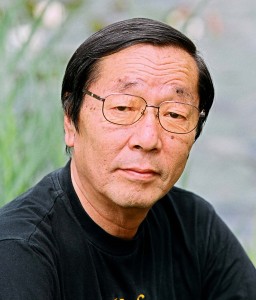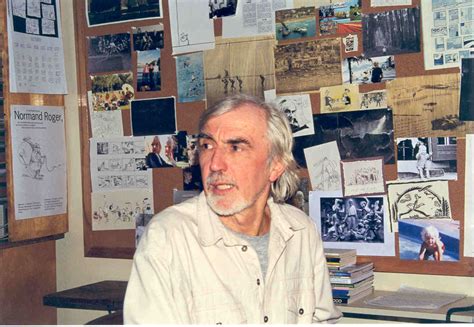A Quote by Albert Einstein
It is humankind's duty to respect all life, not only animals have feelings but even also trees and plants.
Related Quotes
There is a certain consideration, and a general duty of humanity, that binds us not only to the animals, which have life and feeling, but even to the trees and plants. We owe justice to people, and kindness and benevolence to all other creatures who may be susceptible of it. There is some intercourse between them and us, and some mutual obligation.
Yes, all of life is sacred, including plants; and yes, there is research that demonstrates that plants have feelings - they feel it when their leaves or stems are ripped - and there is scientific evidence that while plants do not have brains and nervous systems like animals, they nevertheless actively work to ensure their survival - they want to live, thrive, reproduce, evolve.
The purpose of life for man is growth, just as the purpose of life for trees and plants is growth. Trees and plants grow automatically and along fixed lines; man can grow as he will. Trees and plants can only develop certain possibilities and characteristics; man can develop any power which is or has been shown by any person anywhere. Nothing that is possible in spirit is impossible in flesh and blood. Nothing that man can think is impossible. Nothing that man can imagine is impossible of realization.
What a difference that extra 120 ppm has made for plants, and for animals and humans that depend on them. The more carbon dioxide there is in the atmosphere, the more it is absorbed by plants of every description - - and the faster and better they grow, even under adverse conditions like limited water, extremely hot air temperatures, or infestations of insects, weeds and other pests. As trees, grasses, algae and crops grow more rapidly and become healthier and more robust, animals and humans enjoy better nutrition on a planet that is greener and greener.
Kant does not think that along with choice of an action we also choose in each case the motive from which we do it. He thinks all is well if I act beneficently, realizing that it is my duty but also having sympathetic feelings for the person I help. But I ought to strive to be the sort of person who would still help even if these feelings were absent. And it is such a case that he presents when the sympathetic friend of humanity finds his sympathetic feelings overclouded by his own sorrows, and still acts beneficently from duty.
Plants, again, inasmuch as they are without locomotion, present no great variety in their heterogeneous pacts. For, when the functions are but few, few also are the organs required to effect them. ... Animals, however, that not only live but perceive, present a great multiformity of pacts, and this diversity is greater in some animals than in others, being most varied in those to whose share has fallen not mere life but life of high degree. Now such an animal is man.
The world of organisms, of animals and plants, is built up of individuals. I like to think, then, of natural history as the study of life at the level of the individual-of what plants and animals do, how they react to each other and their environment, how they are organized into larger groupings like populations and communities.




































